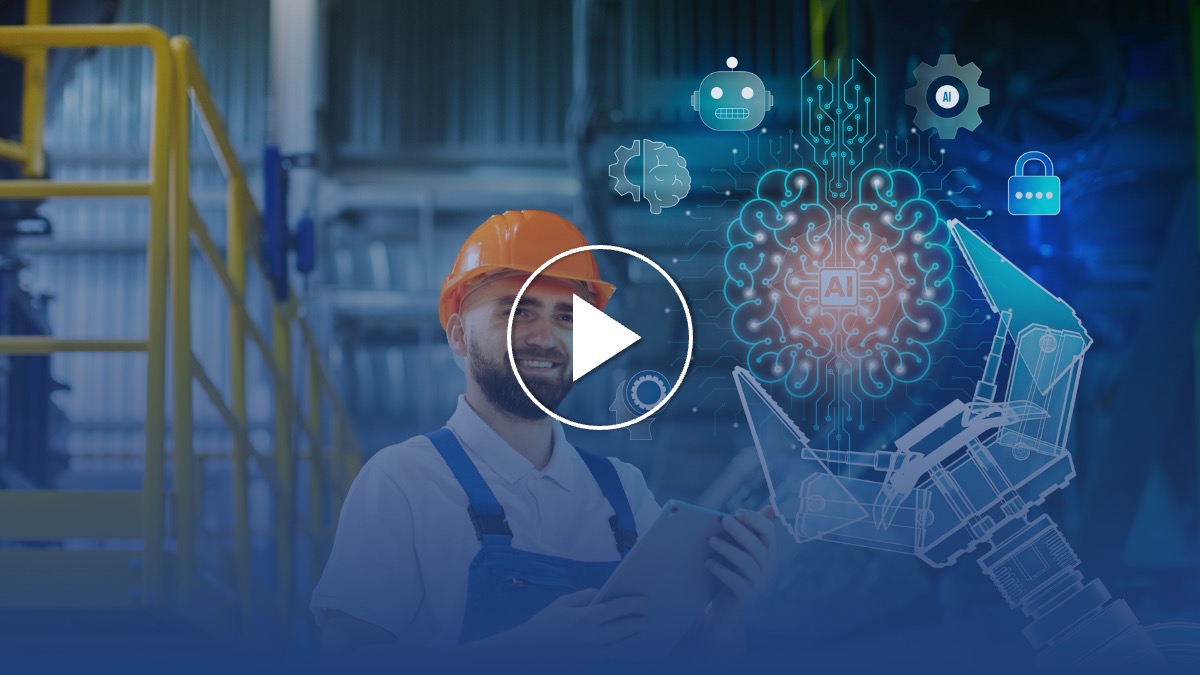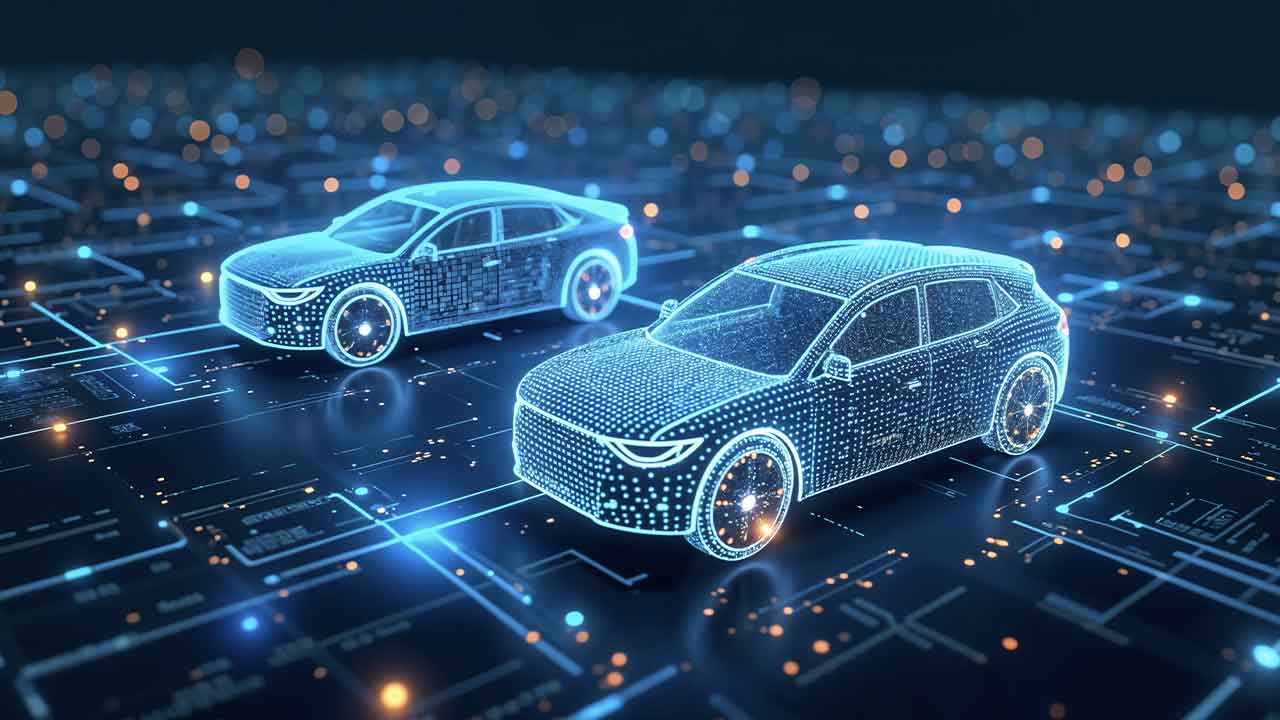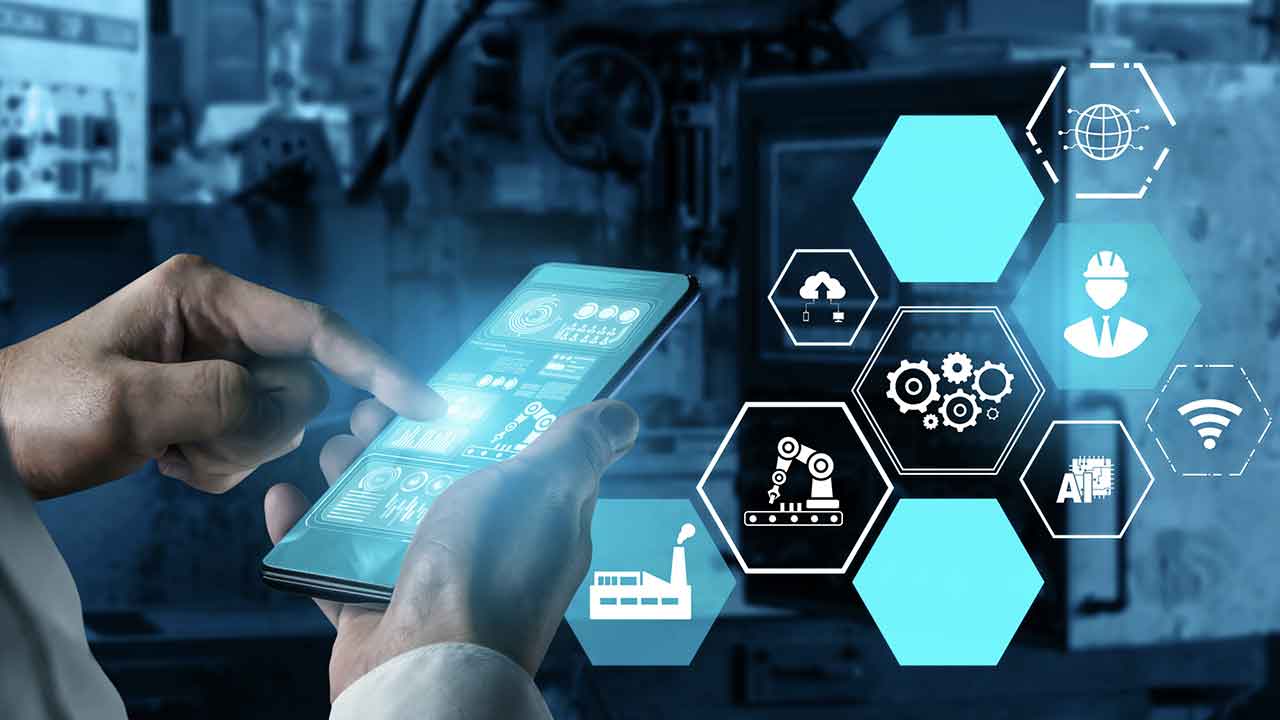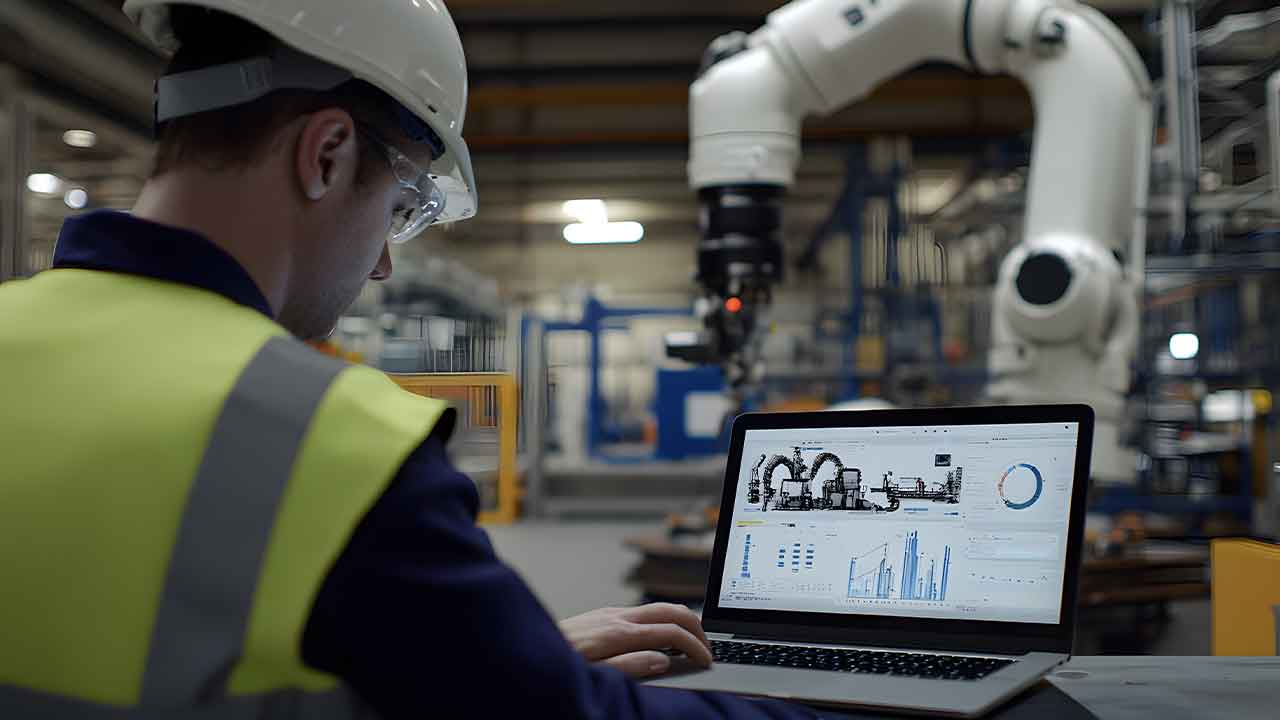Coding the Future: How AI is Rewriting the Script for Industrial Automation | SPONSORED
As industries increasingly adopt software-defined automation amidst a growing scarcity of expert knowledge, AI is stepping in to boost efficiencies throughout the entire lifecycle of industrial processes significantly. From automating tedious tasks to accelerating development, AI is enhancing productivity and empowering experts to focus more on strategic initiatives rather than routine coding. Join us as we explore in this interview with Aurélien Le Sant, CTO of Industrial Automation, Schneider Electric, how this technological evolution is redefining the industrial landscape.
Leveraging AI to Enhance Expert Efficiency
The discussion opens with a focus on how AI can alleviate some of the burdens on experts, allowing them to concentrate more on process optimization than coding tasks. AI aids significantly by generating codes such as IEC 61131 or creating operational screens, which simplifies the engineering journey, making experts more efficient and responsive to customer needs.
The AI-Enabled Industrial Automation Journey
The journey of AI-enabled industrial automation begins with design assistance. Here, AI helps by utilizing large language models and context from previous projects to create the first architecture of an application, speeding up the initial design process. The next step involves PLC code generation, where tools like Github Copilot and Amazon’s CodeWhisperer, which have become popular in traditional software development, are adapted for industrial automation. These tools, integrated with the secret recipe from Schneider Electric, generate efficient PLC code that accelerates development by understanding the specific context of the industrial environment.
Transformative Impact of AI in Industrial Settings
The integration of AI into industrial settings is transforming how applications are developed. For instance, Tesla recently replaced 300,000 lines of code with AI-generated code, showcasing how extensive AI applications in industrial automation could be. The future of industrial automation with AI involves generating new code and enhancing the quality of existing code. This is done by improving documentation, adding the right commands, and ensuring comprehensive unit testing is in place to enhance the overall quality and maintainability of the application.
Practical Demonstrations at Hannover
At the Hannover Messe Fair, Schneider Electric showcases two practical implementations of AI in their software. The first demonstration involves an automation expert engineering tool that is asset-centric, emphasizing defining functional requirements over programming-specific hardware. This approach matches engineering processes well and leverages AI to generate a foundational application skeleton integrated with IEC code and documentation. The second demo involves programming for a multi-carrier product, which is typically complex and trial-error-heavy. AI drastically speeds up this process by understanding the motion profiles and constraints, thus optimizing the application for energy efficiency and throughput.
The Road Ahead: Safety and Innovations in AI
Addressing safety concerns, the CTO reassures that while AI generates code, human experts still play a crucial role in validating its applicability, ensuring all safety protocols are followed.
Advice for the Next Generation of Engineers
The advice for new graduates entering the space is to embrace the convergence of automation and new technologies to enhance efficiency and reduce carbon footprints in industrial applications. Young engineers are encouraged to challenge industrial norms with the latest technologies and working methods, signifying a promising horizon for those entering this dynamic field.
The interview was recorded by Lucian Fogoros from IIoT World during Hannover Messe 2024. This summary was created based on the video transcript with the assistance of https://chat.openai.com. It was edited by the IIoT World team.



